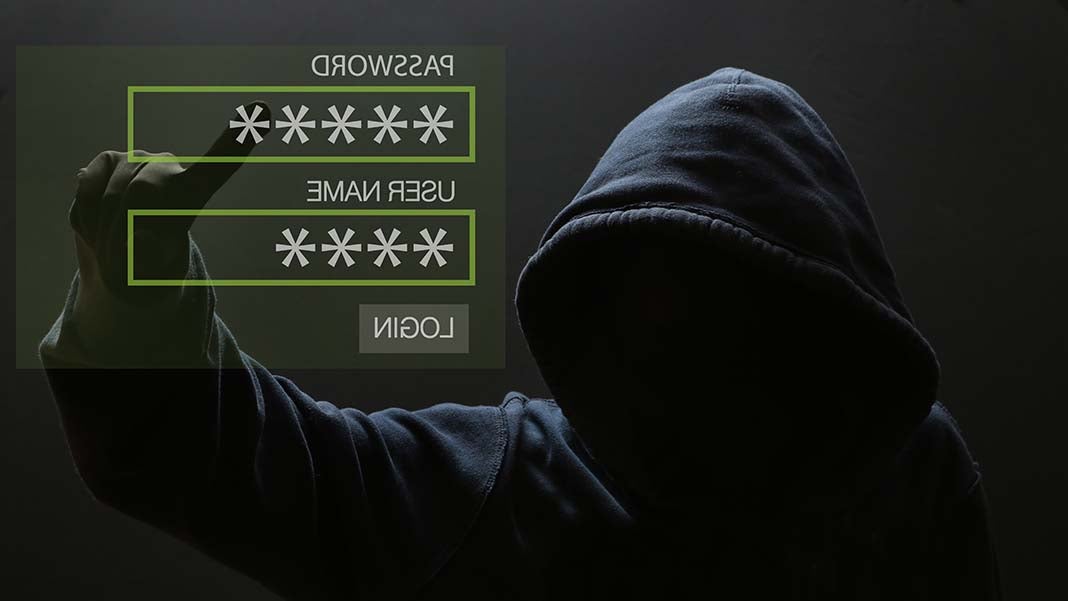6 Simple Ways to Prevent Hacking While on Public Wi-Fi
By: SmallBizClub

Public, free wireless networks are a symbol of the Internet’s power. The freedom of free internet spreads knowledge and information everywhere without any cost.
But it doesn’t mean that you are protected at all times on a public wireless network. It’s easy to steal someone’s username and password and to see what they’re doing on the same network, just because most wireless networks don’t use firewalls. If any wireless network uses a firewall, then there is no assurance of full protection.
Here’s how you can protect yourself from hackers while using a public free wireless network:
1. Turn OFF Your Wi-Fi When Not in Use
If you don’t plan on using public Wi-Fi, then keep your Wi-Fi turned off. This prevents your device from joining any dangerous networks automatically without your knowledge. The more you stay connected to public Wi-Fi, the more chances there are to be hacked by malicious software and hackers.
You can turn off your public sharing in your system using these steps:
- Go to Windows Control Panel
- Access Network And Sharing Center window
- Click Change Advanced Sharing Settings window
- Select Public profile
- Turn off File Sharing, Network Discovery & Public Folder Sharing
If they are already off, there is no need to follow the above steps.
2. Keep Your Antivirus Up-to-Date
You should have the latest updates or security patches in your system. Due to outdated security patches it is easy to hack your system. Hackers can take advantage of any security hole. Up-to-date antivirus software fixes this security hole and prevents the system from hackers and vulnerable applications.
3. Use VPN (Virtual Private Network)
Virtual Private Network provides a protective barrier between your system and worldwide websites. VPN encrypts all your information and data through a server, making it difficult for hackers to spy on your information and data. It protects all your online activity and keep it private from others.
4. Turn ON Your Firewall and Use Identity Theft Protection Services
A firewall monitors incoming and outgoing connections in your system. It’s a built-in feature in most of the operating systems but doesn’t provide complete protection to your system. That’s why we have to use antivirus software in our systems. A firewall also protects you from any unwanted local users poking at your system.
You can turn on firewall setting using the following steps:
- Go to Control Panel
- Select System and Security
- Turn ON Windows Firewall
Moreover, you can make use of identity theft protection services like LifeLock and others to ensure that none of your public information is being used by hackers. They offer alert systems that continuously monitor your activity across multiple networks and detect any fraudulent activity.
5. Use Two-Factor Authentication at All Times
In this process, you have to enter a one-time code that is sent to your device. It protects your online accounts like Gmail, Facebook, or Twitter from hackers.
Many popular websites and services support this authentication method. If any hacker is able to get your password due to a security hole, then he will not be able to log into your account.
6. Always Prefer HTTPS Websites or SSL Encrypted Connection
SSL (Secure Sockets Layer) is a technology which establishes an encrypted connection between a web server and a web browser. This connection provides surety that all the data passed between them remains private.
When we use https:// in the address bar, this establishes a secure connection via SSL. SSL gives security to users who are going to open a website. Using https:// before any website address, it makes sure that the certificate is not expired and is used by a trusted authority. If this fails, your web browser will display that this connection is not secure. This security system makes it difficult for hackers to hack any website. So always use https:// -based websites to protect yourself from being hacked.
 Author: Michael Zhou is Senior VP of Business Intelligence Development with a Fortune 1000 company in Silicon Valley. His expertise includes ground-zero marketing efforts that benefit both consumer and vendor. He’s a thinker, communicator, marketer, competitor, people person, and all-around busy bee. Michael is a relentless networker with several years of real-world experience and two college degrees under his belt.
Author: Michael Zhou is Senior VP of Business Intelligence Development with a Fortune 1000 company in Silicon Valley. His expertise includes ground-zero marketing efforts that benefit both consumer and vendor. He’s a thinker, communicator, marketer, competitor, people person, and all-around busy bee. Michael is a relentless networker with several years of real-world experience and two college degrees under his belt.
3340 Views












